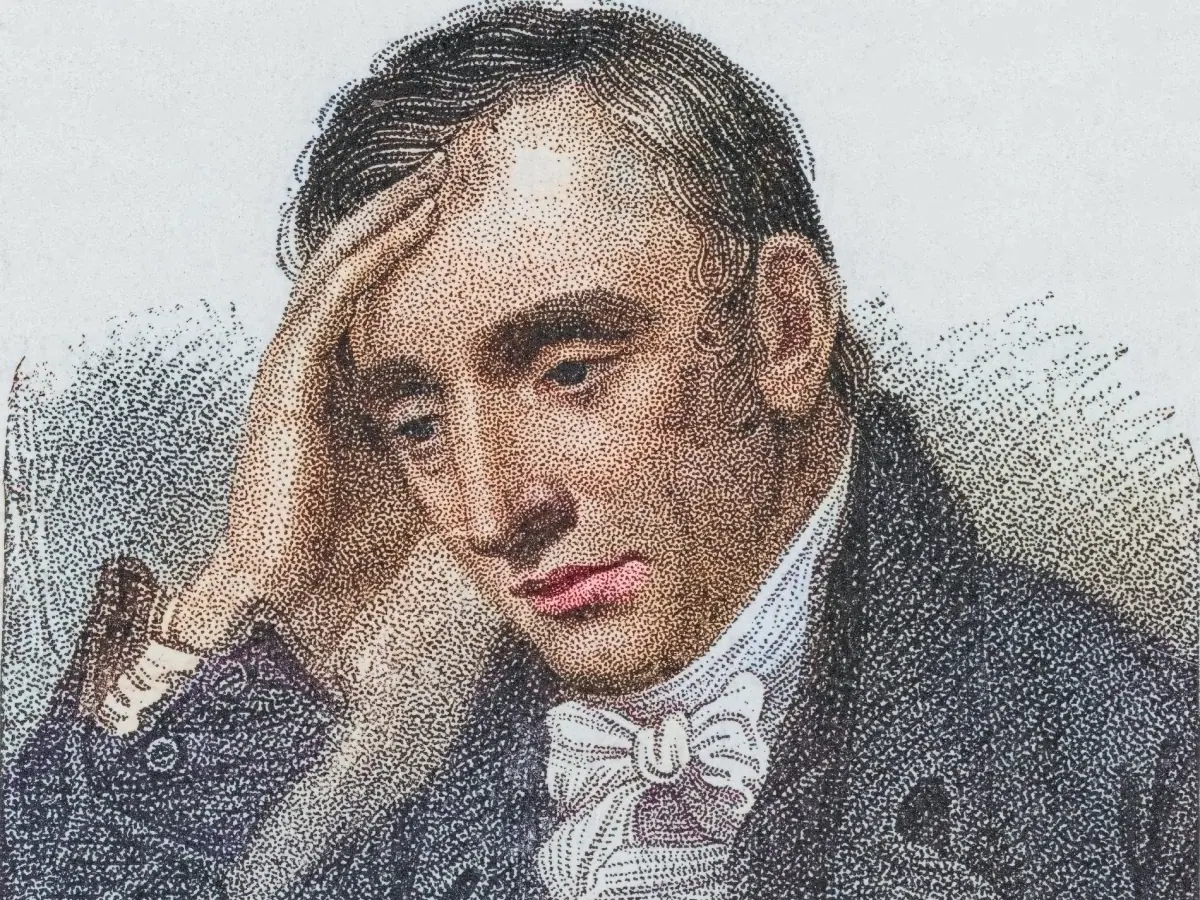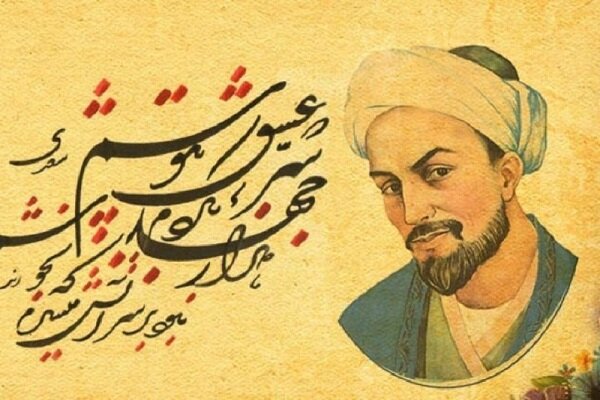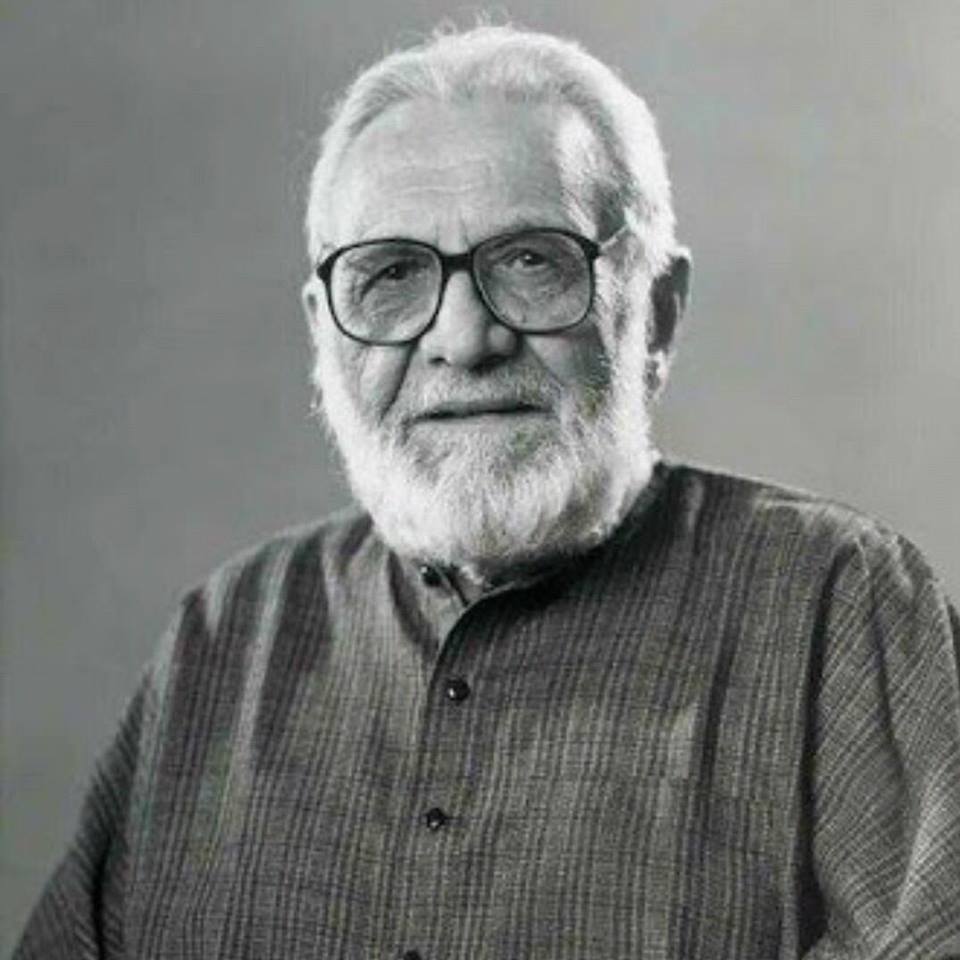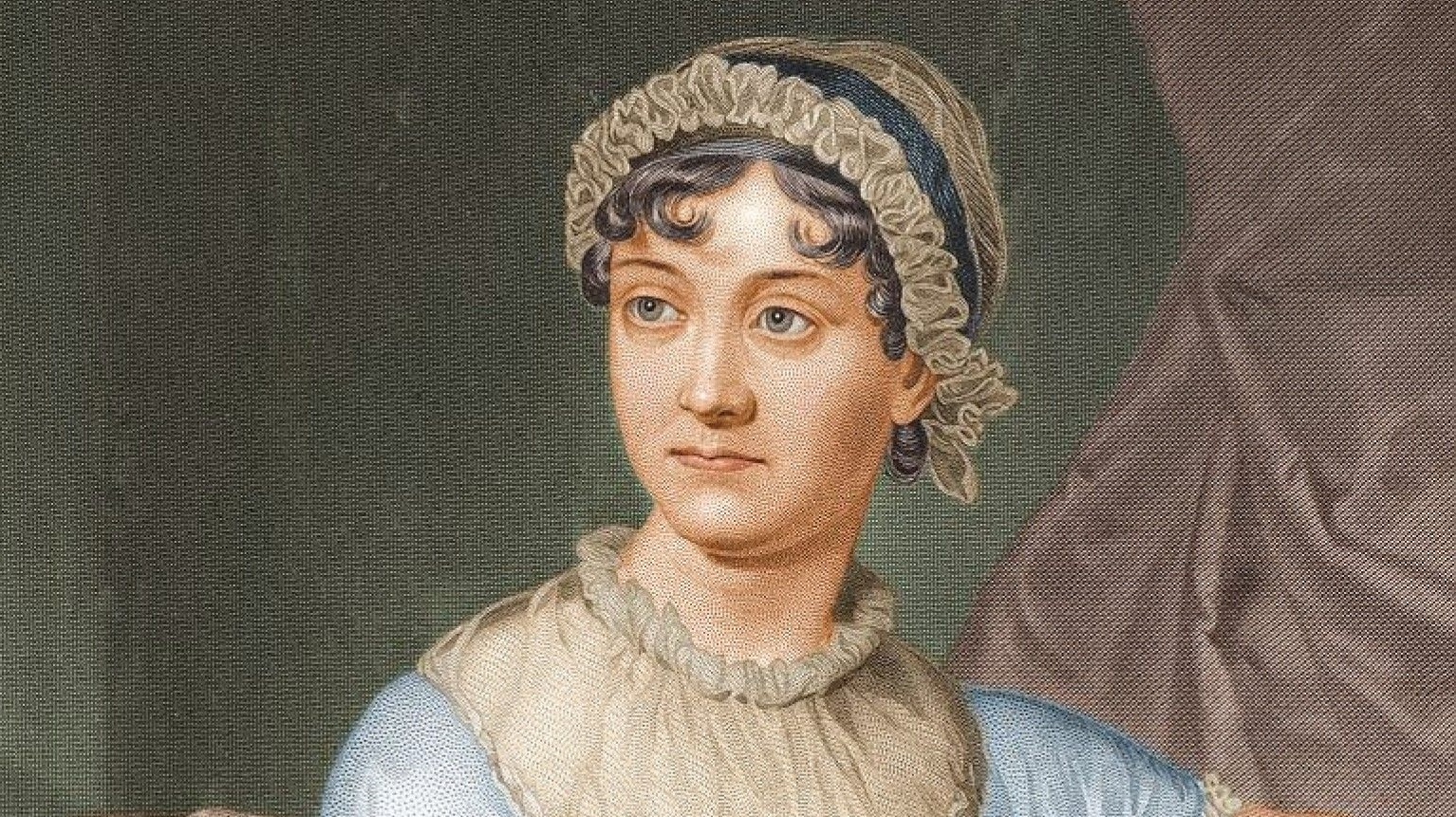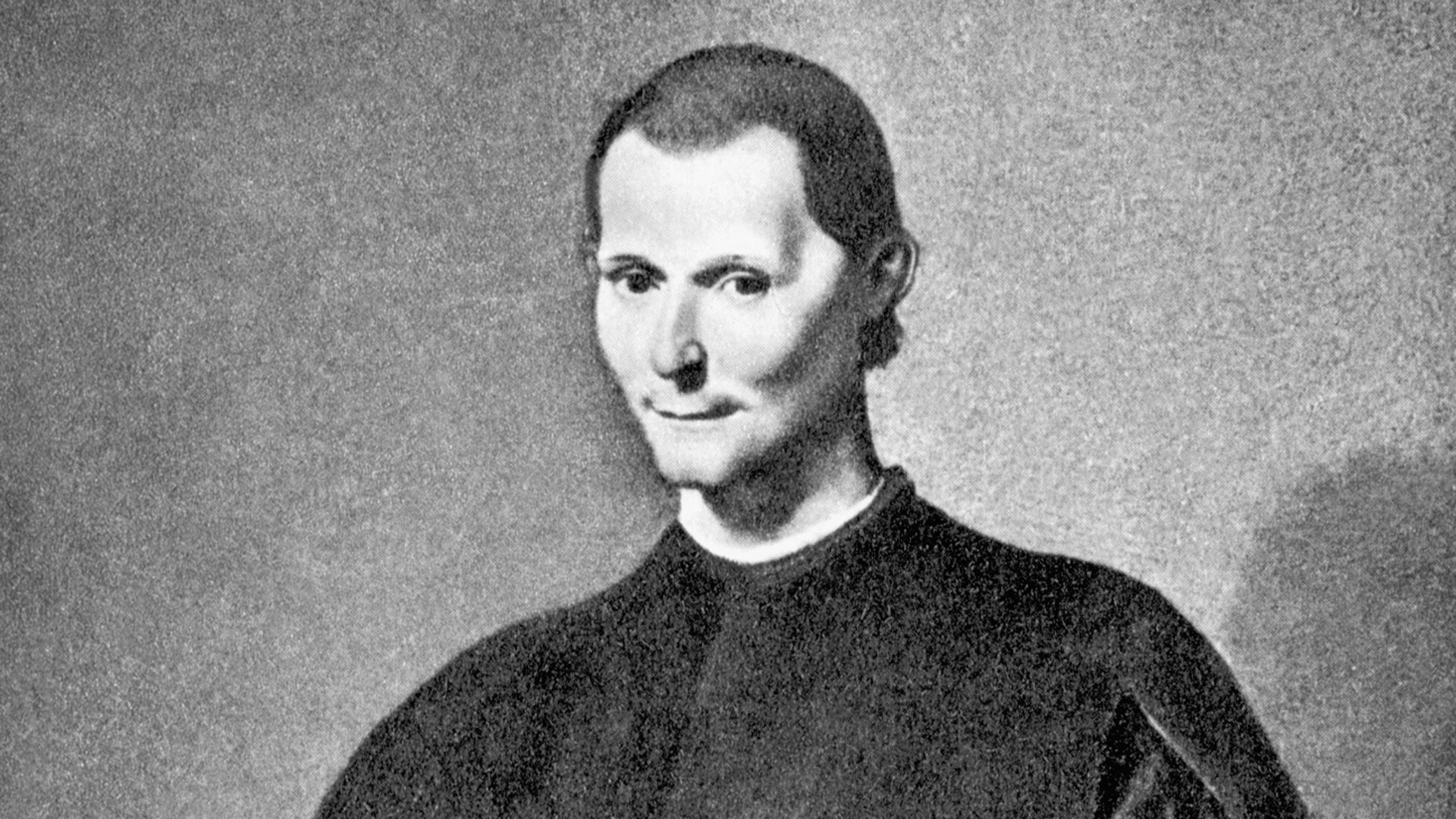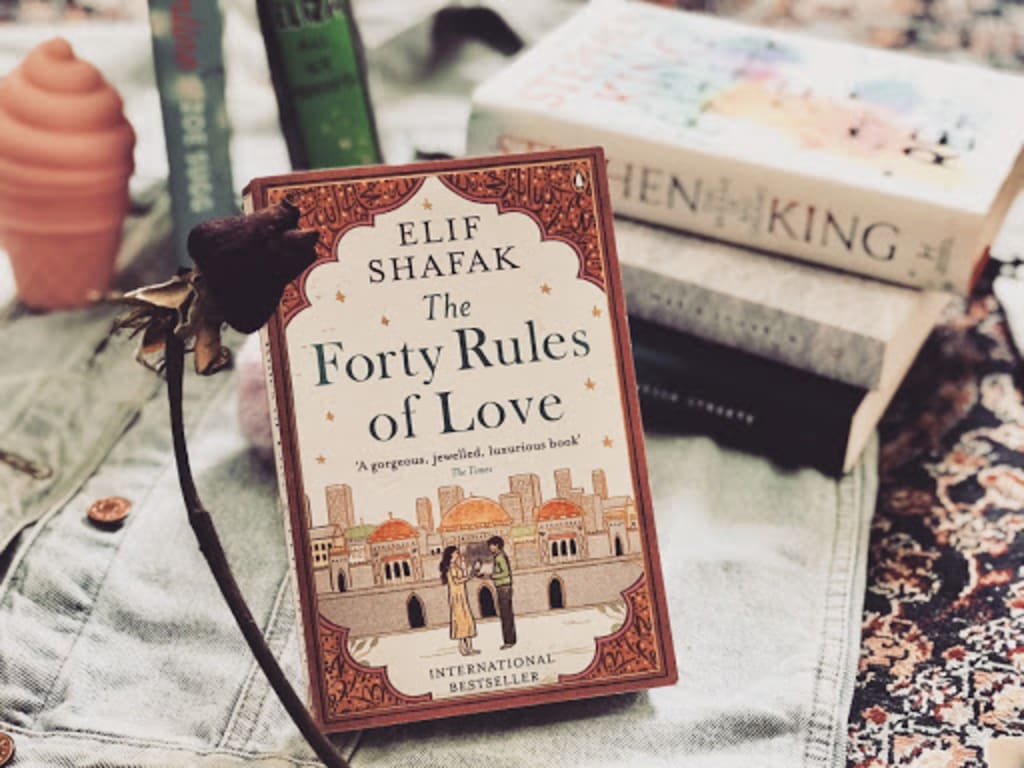Tariq Mahmood Awan
According to the Oxford Dictionary, imagination is the faculty or action of forming new ideas, images, or concepts of external objects not present to the senses.
As a growing kid, I was always fascinated by the soft and soothing imagination towards the hard little realities. I would dream about those little tasks which were practically impossible. However, I always felt the wings of imagination to do things of my own choice. These were little childhood escapes that I would do romantically. Later on, as a student of English Literature, my comprehension of imagination was inspired by the Aristotle’s book, The Poetics, which I regard as a must-read book. The book gave me the idea that imagination is far superior to imitation. Since then, I have hardly read a book except for texts.
The significance of imagination with reference to Poetics by Aristotle can be evaluated from different perspectives. One way to approach the question is to consider how Aristotle defines and categorizes the art of poetry as a mode of imitation. According to Aristotle, poetry imitates nature, human actions, and characters through language, rhythm, and harmony. However, this does not mean poetry is a mere copy or reproduction of reality. Instead, poetry is an act of creative imagination that selects, arranges, and transforms the material from the phenomenal world into a new form that reveals its essence and universality. For Aristotle, the poet is not a historian who records what has happened but a philosopher who shows what may occur according to the laws of probability and necessity. Therefore, imagination is essential for poetry as it enables the poet to go beyond reality’s particular and contingent facts and create a coherent and plausible plot that illustrates the general truths of human nature and morality.
Another way to address the question is to examine how Aristotle views the role of imagination in producing and receiving poetry. For Aristotle, imagination is not only a faculty of the poet but also of the audience. He argues that poetry appeals to the audience’s emotions and intellect by stimulating their imagination. For example, in tragedy, the audience experiences pity and fear by imagining themselves in the situation of the characters and by anticipating the outcome of their actions. Similarly, in comedy, the audience enjoys laughter by imagining the incongruities and absurdities of the characters and their actions. Moreover, Aristotle suggests that poetry can have a cathartic effect on the audience by purging their excess emotions through their imaginative participation in the poetic representation. Thus, imagination is significant for poetry as it connects the poet and the audience in a shared experience of aesthetic pleasure and moral education.
Pl, subscribe the official website of the republicpolicy.com
A third way to approach the question is to compare and contrast Aristotle’s concept of imagination with that of other thinkers and poets. For example, one can explore how Aristotle’s notion of imitation differs from Plato’s critique of poetry as a deceptive and dangerous form of art that corrupts the soul by appealing to the irrational part of the human psyche. Alternatively, one can investigate how Aristotle’s idea of imagination relates to the Romantic conception of poetry as an expression of individual genius and creativity that transcends the limits of reason and convention. Furthermore, one can analyze how Aristotle’s theory of imagination influences or challenges the contemporary notions of poetic imagination in poetry that emphasize imaging rather than poetic imagination. By doing so, one can appreciate the historical and cultural context of Aristotle’s Poetics and its relevance and contribution to the ongoing debates and developments in the field of poetics.
The Poetics is a masterpiece, and the concept of imagination can also relate to civil service. Should civil Servants be imaginative? The significance of imagination and creation for civil servants in administration, management and executive executions is a matter of debate. One way to approach the question is to consider how imagination and creation can help civil servants to cope with the challenges and opportunities. The future of public service is characterized by increased uncertainty and disruption, as well as by rapid technological and social changes. Civil servants need to be able to anticipate and respond to these changes by developing new skills, competencies and mindsets that enable them to innovate, collaborate and adapt. Imagination and creation are essential for civil servants to envision and design new solutions that address the complex and evolving needs of the public, as well as to engage and empower the public in co-creating and co-delivering public services.
Another way to address the question is to examine how imagination and creation can enhance the performance and satisfaction of civil servants in their work. Modern civil servants need to possess multiple traits that help them succeed in their roles. Some traits include being tech savvy, confident, an internationalist, an absorber, a storyteller, and a friend in other sectors. These traits require civil servants to use their imagination and creation to leverage new technologies, mobilize diverse stakeholders, communicate effectively, and learn from best practices across sectors and countries. By doing so, civil servants can improve the quality and impact of their work and increase their motivation and fulfilment in their careers.
Pl, subscribe to monthly magazines of republicpolicy.com
A third way to approach the question is to compare and contrast the role of imagination and creation in different aspects of civil service work. For example, one can explore how creativity and innovation are applied differently in administration, management and administrative executions. Administration involves implementing and delivering policies and programs according to rules and regulations. Management involves planning, organizing, directing and controlling resources and activities to achieve goals and objectives. Execution consists of the formulation, evaluation and decision-making of policies and strategies that shape the direction and priorities of the government. Imagination and creation are essential for all three aspects, but they may vary in degree, scope and purpose depending on the context, task and objective.
Lastly, it is a coded administration in Pakistan. Therefore, there is little room for imagination and creativity. Then, imagination is a person’s swag, and how can civil servants deny it?
Pl, subscribe to the YouTube channel of republicpolicy.com








































